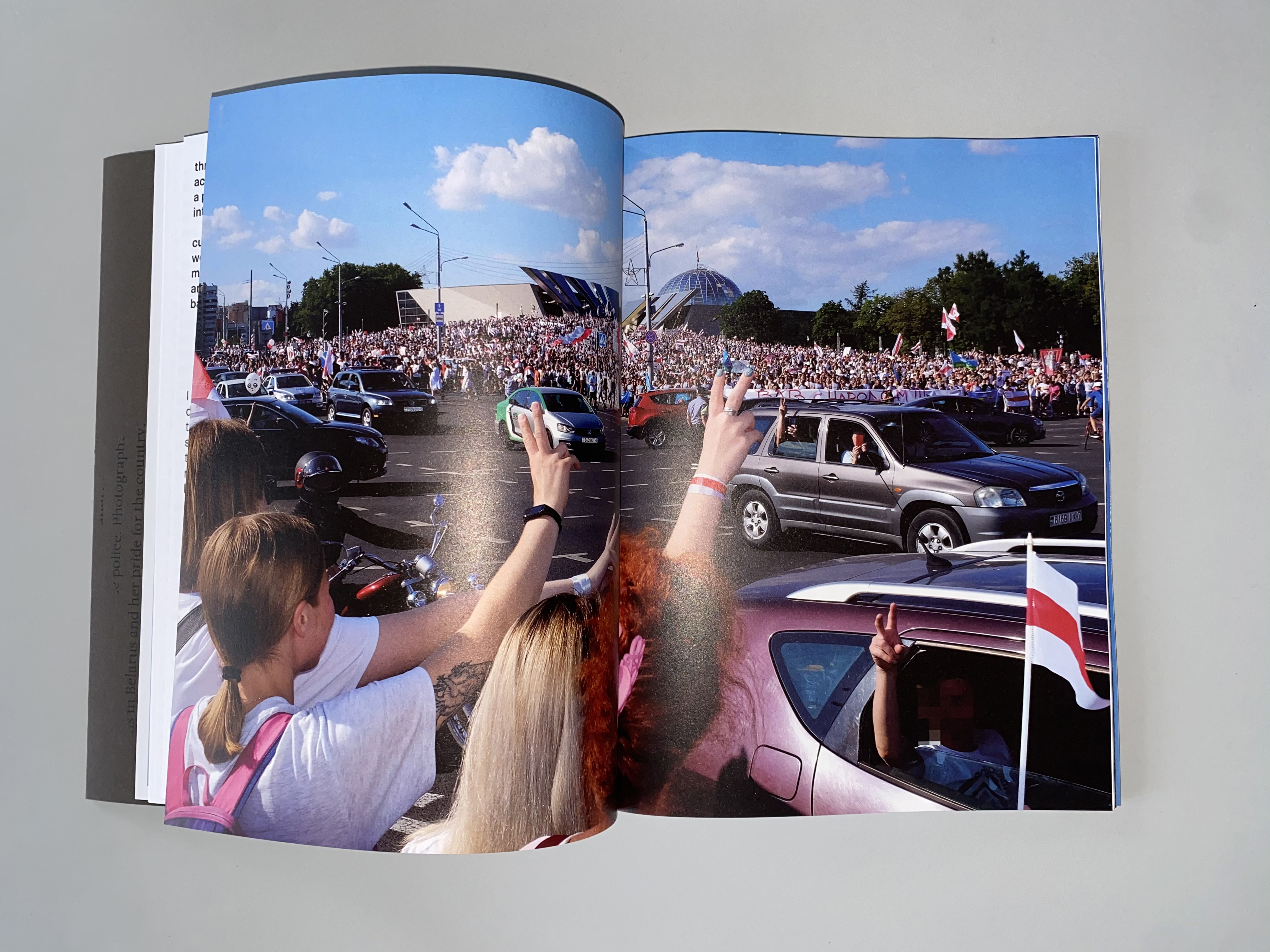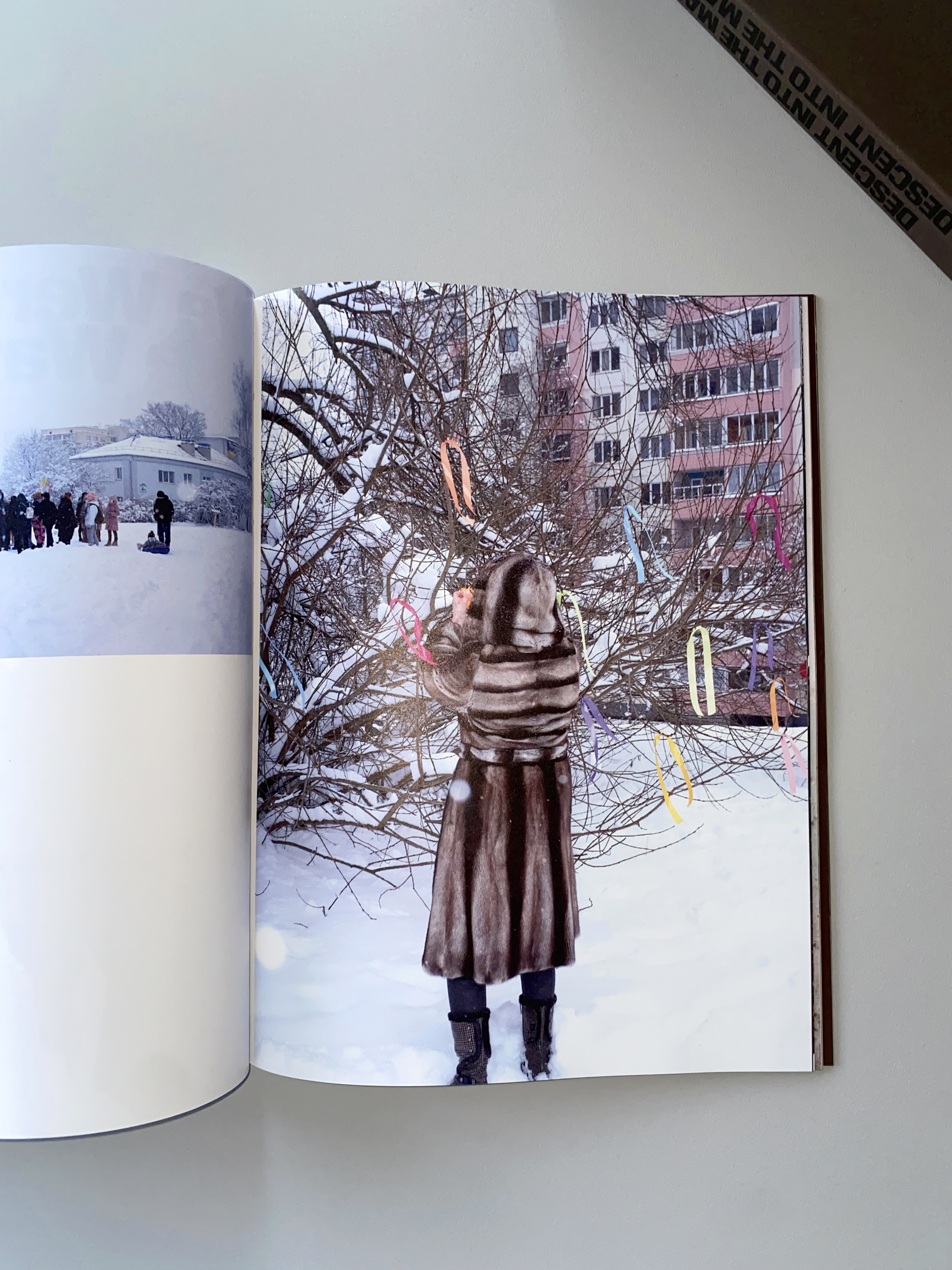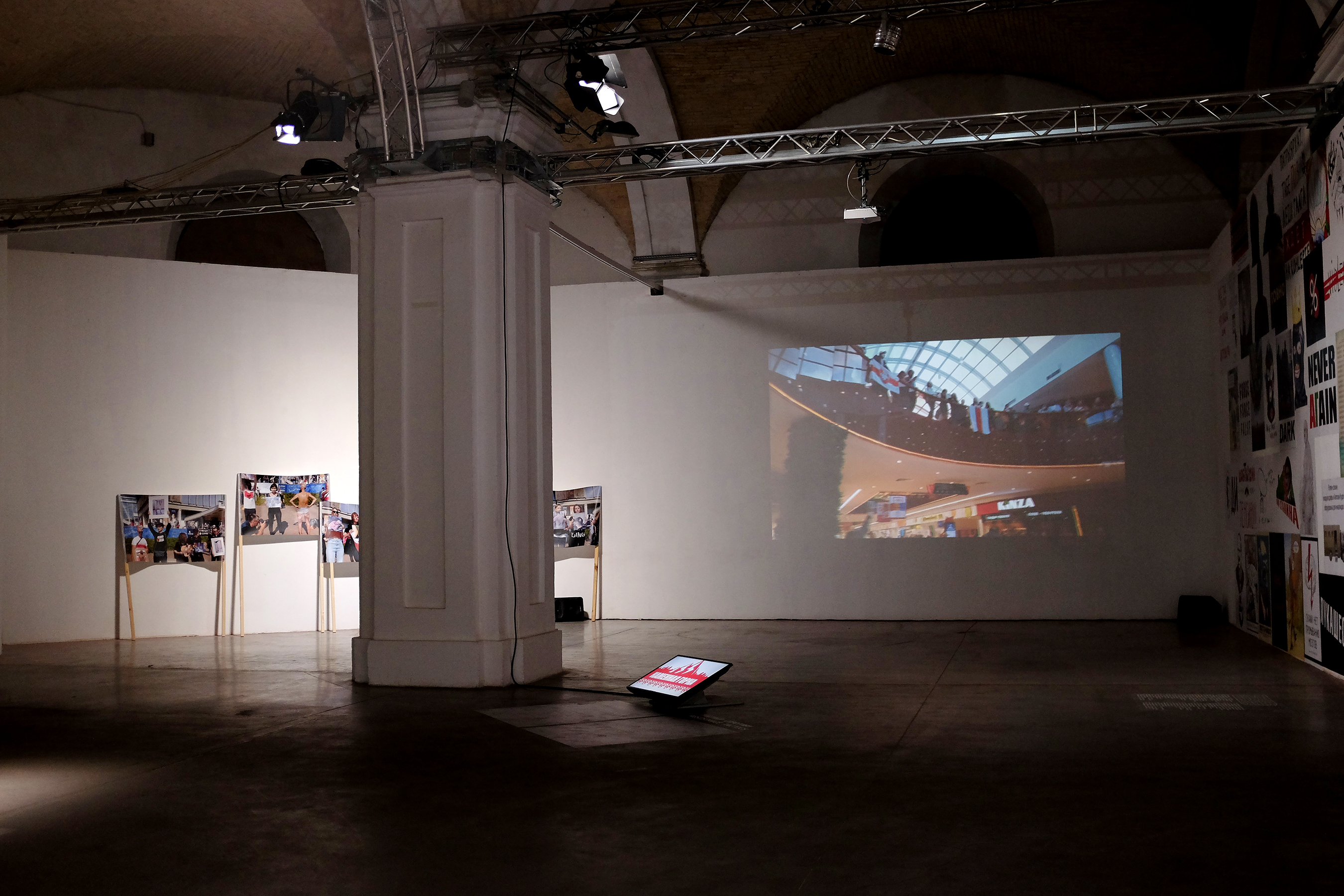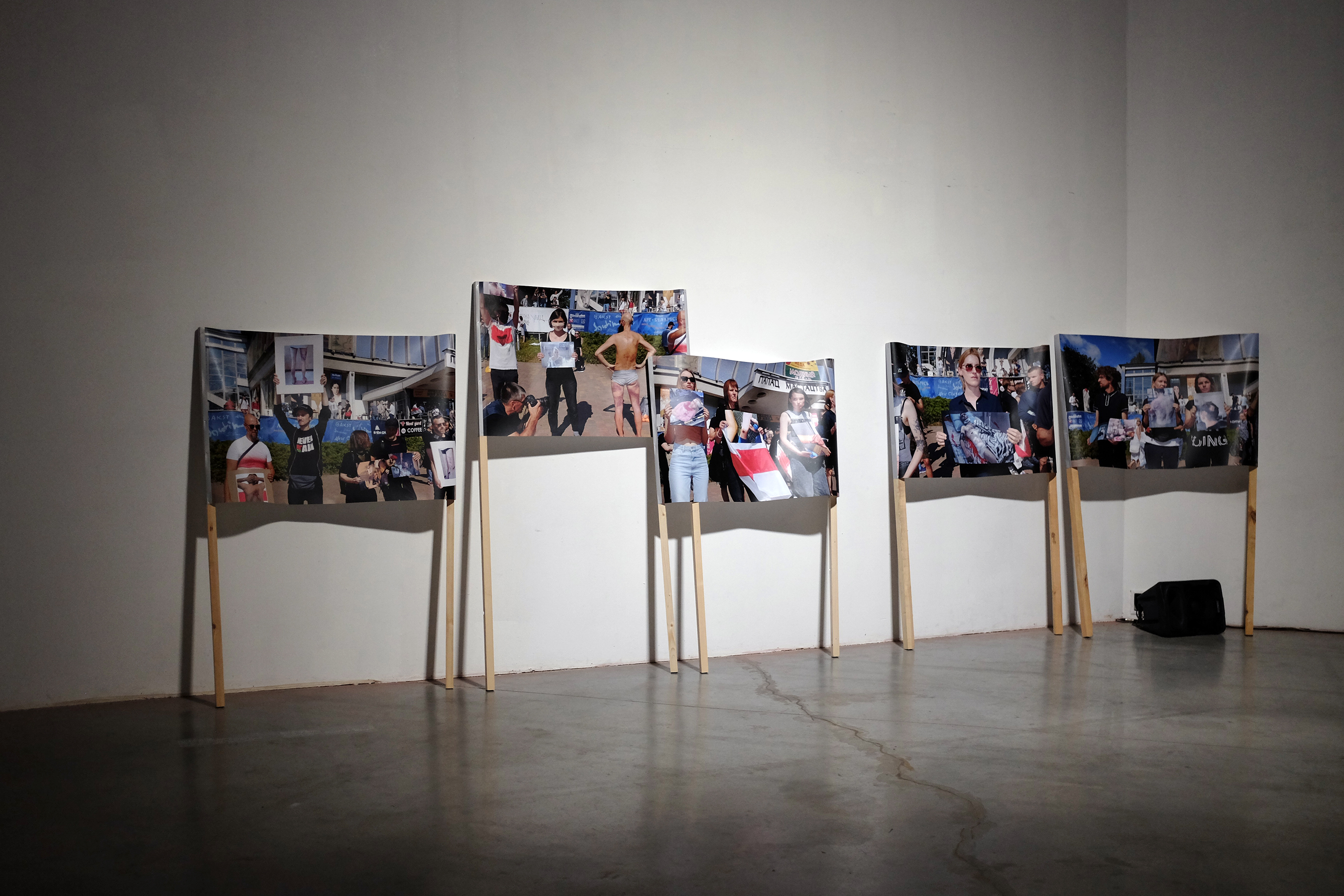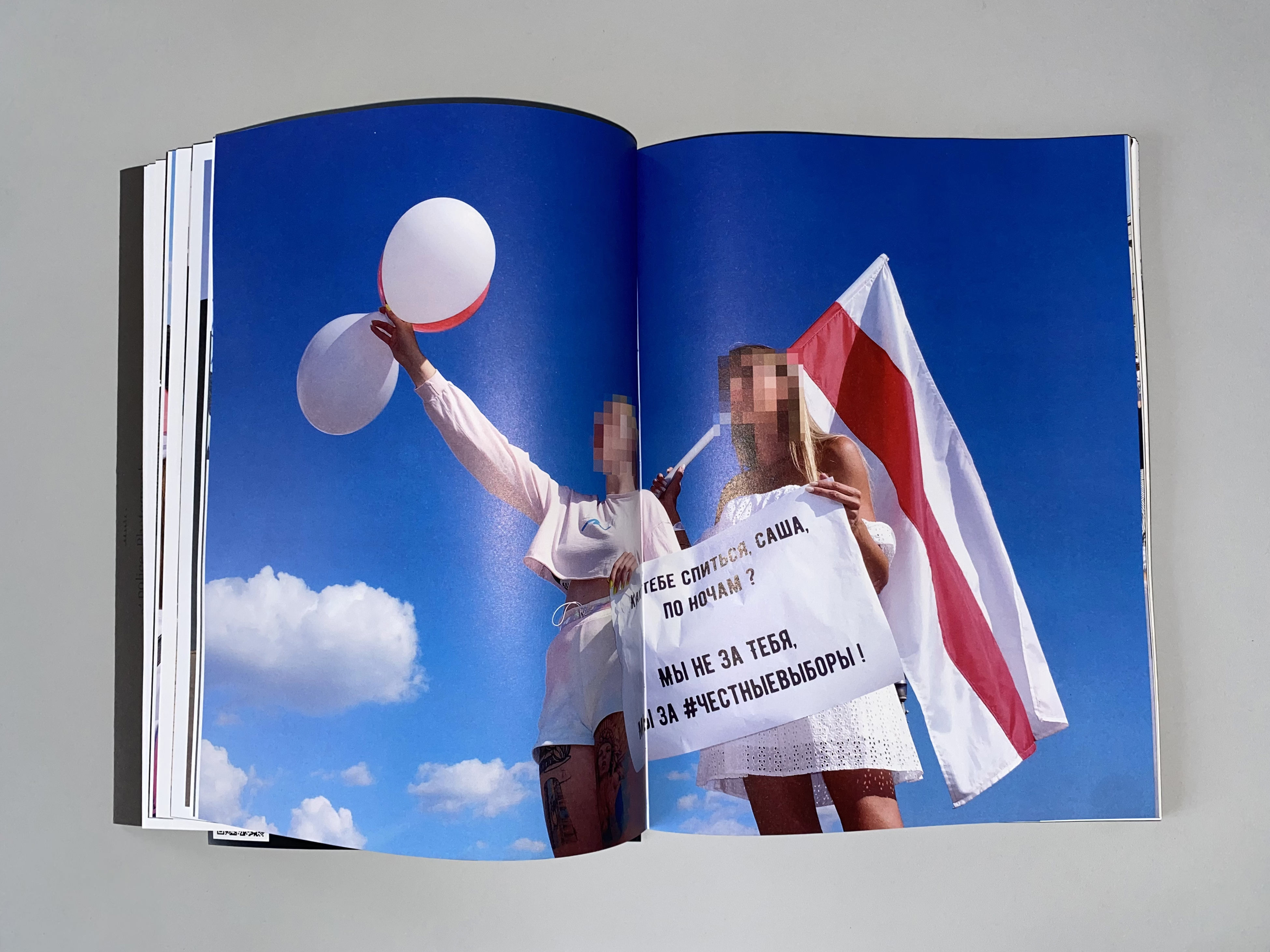DESCENT INTO THE MARSH
photodocumentation of the protests
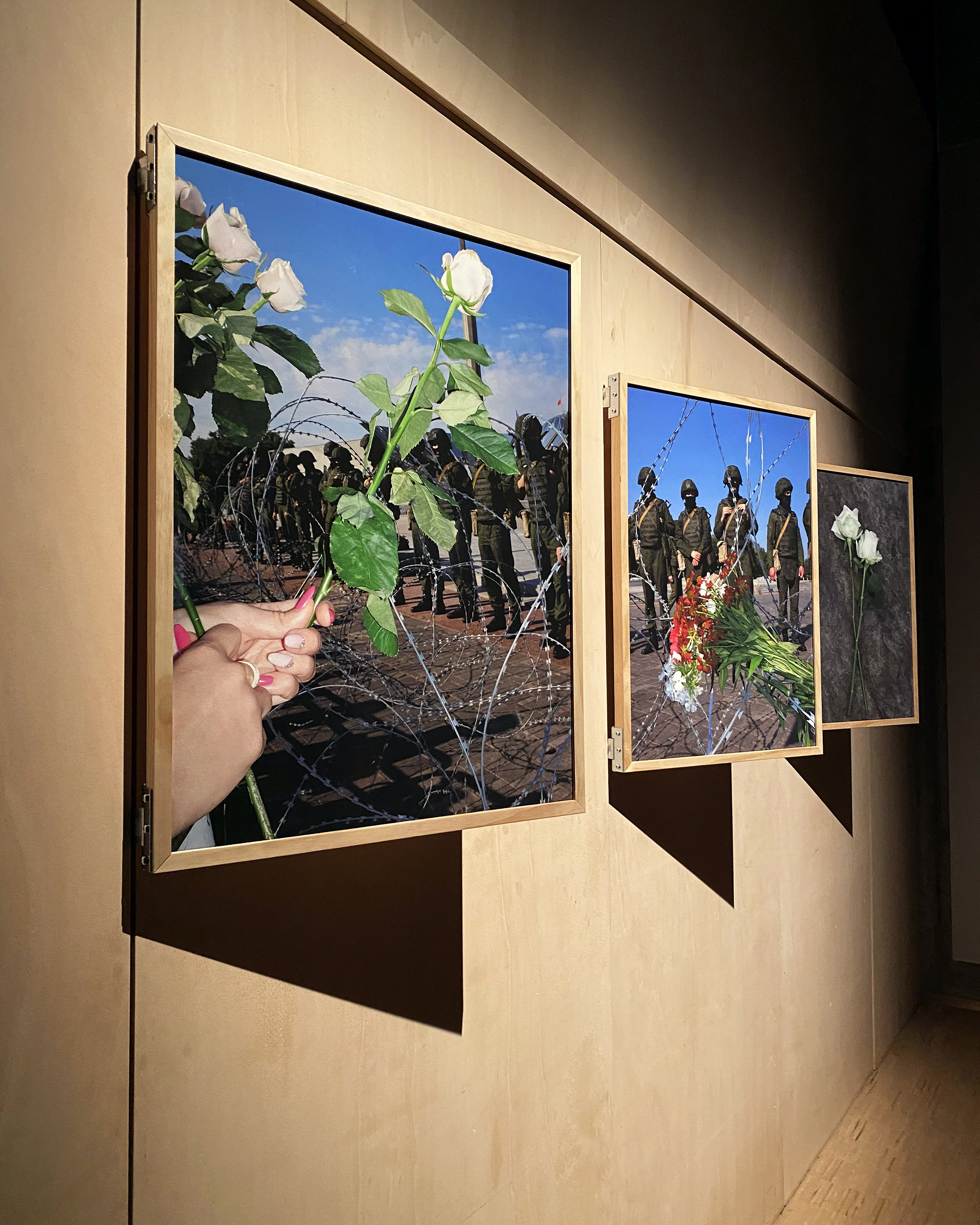
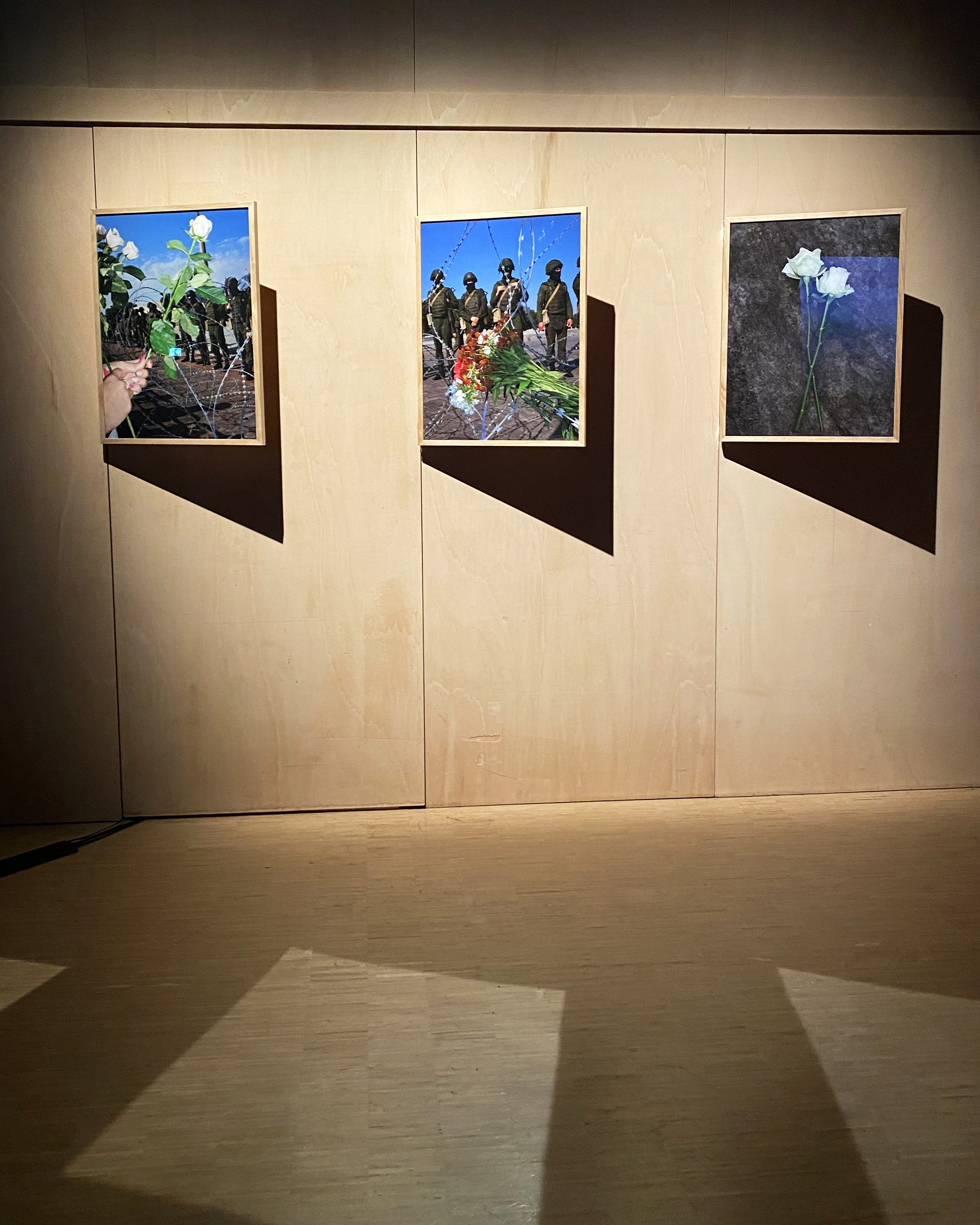
LIMINARIUM. Theaterhaus
/ 2023. Stuttgart, DE
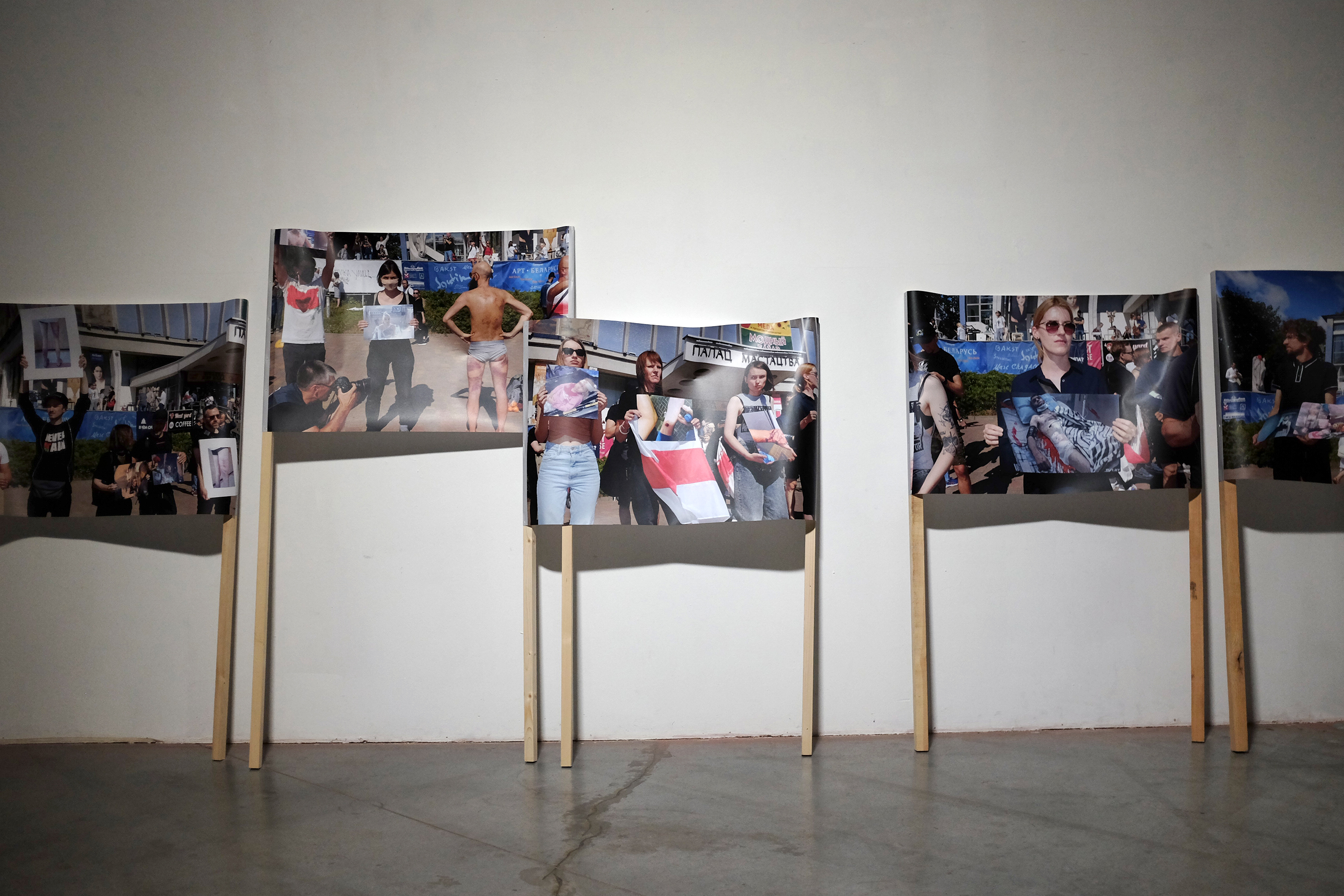
Published in late 2024, just before Belarus’s 2025 elections, this book addresses an ongoing repression, whereby thousands have been incarcerated as political prisoners and around a million people have been forced to flee. In it, the author presents a series of photographs taken since 2020 and connects the recent protests in Belarus with those in Hong Kong, highlighting these two cases as exemplars of modern resistance shaped by digital control and China’s geopolitical influence.
The seven
chapters, illustrated with photographs from Belarus and Hong Kong, explore
common tactics and symbols: gestures of unity, the symbolic use of colour, and
objects such as umbrellas that represent protection and resilience. Artistic
expressions, such as Hong Kong’'s
Lennon Walls and those in and Belarusian
courtyards, highlight typify
grassroots creativity and the importance of ephemeral protest
spaces. The leaderless, decentralizsed
nature of both movements highlights signals their
adaptability. Hong Kong's “Be
Water”
strategy and Belarus's horizontal organising emphasiseemphasize
the criticality of collective action while
in the face of evading authoritarian
crackdowns.
The book also examines the exchange of repressive practices between the regimes
in China and Belarus, focusing on the role of surveillance technologies. The
combination of modern surveillance with traditional methods of intimidation
points to the evolving challenges facing protest movements.
While neither movement achieved its immediate political goals, both left a
lasting impact on cultural and societal transformationculture
and society. "Descent into the Marsh"
is a visual document of protest that highlights the universal human
quest for freedom and dignity. The book functions as an open archive, regularly
updated with new media articles and reflections on
ongoing struggles, providing a lasting record of unfinished events that remain
unblocked and uncensored online.
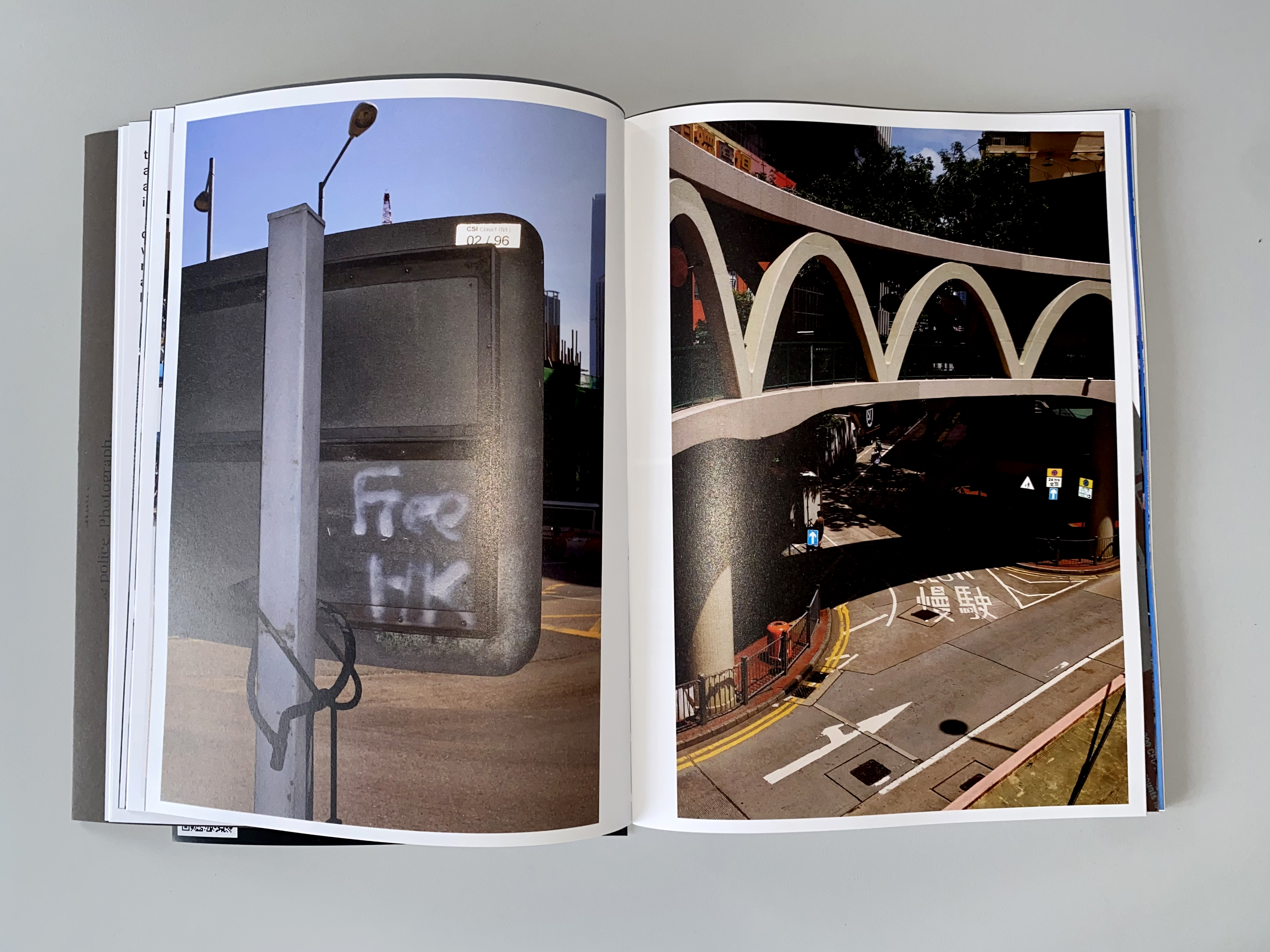
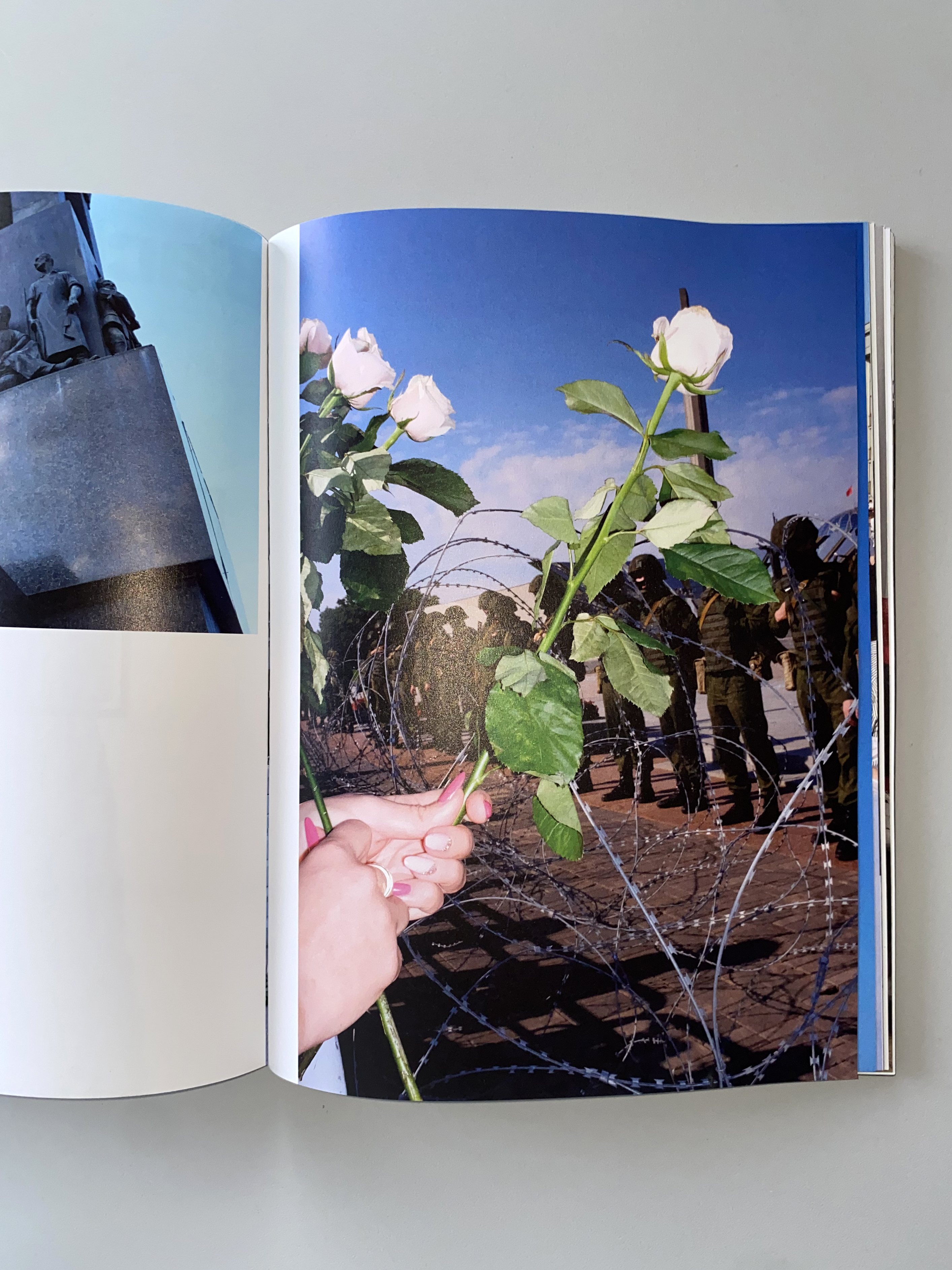



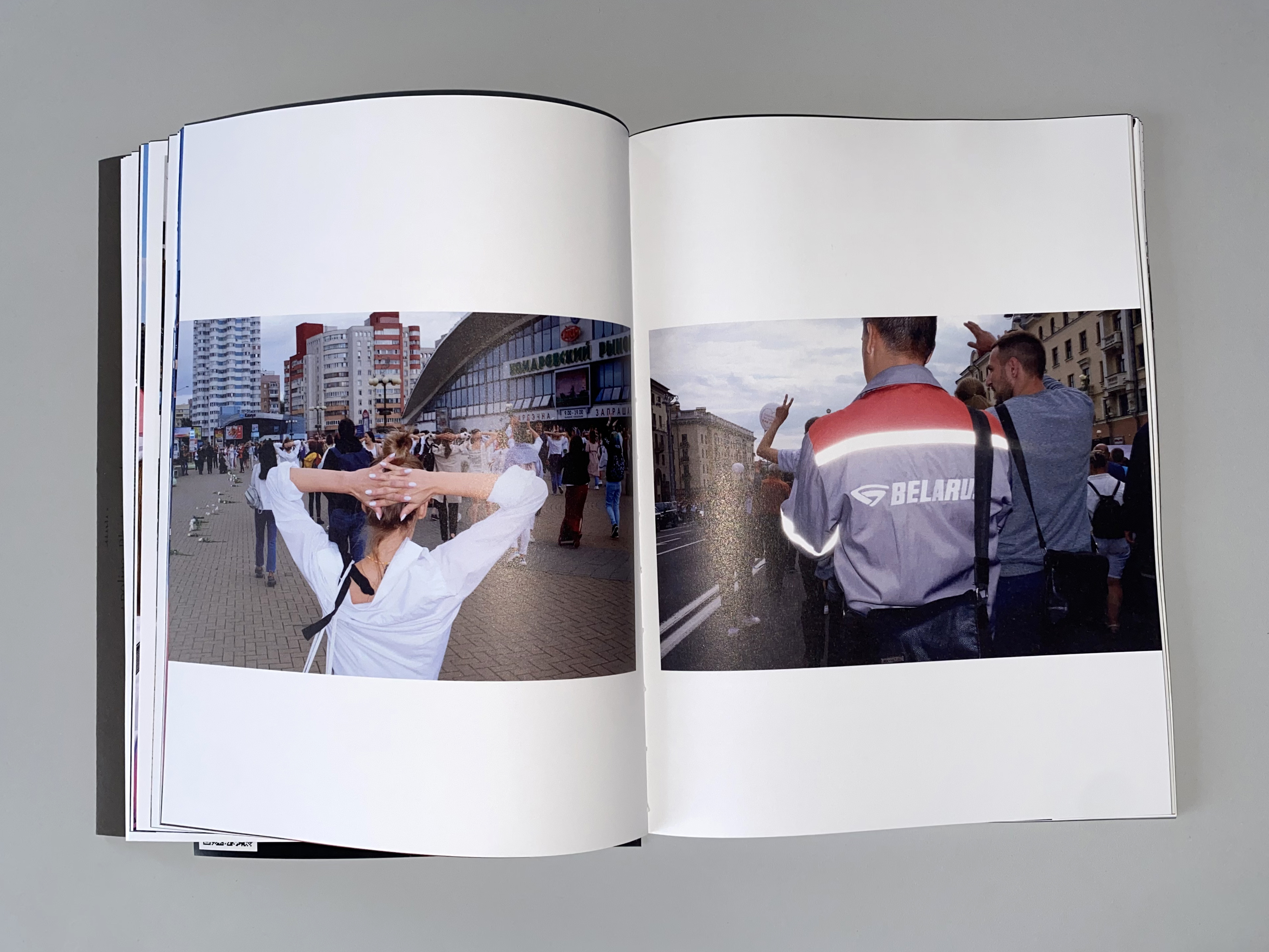

ISBN 978-3-00-081038-1
AUTHOR : Lesia Pcholka
EDITOR : Black Seeds in Hong Kong
CURATOR : Katarzyna Zielinska
DESIGN : Karolina Pietrzyk, Tobias Wenig
EDITION : 250 copies
where to
BUY BOOK
︎︎︎ Skaryna Press (online)
︎︎︎Encounters. Berlin, DE
︎︎︎B Books. Berlin, DE
︎︎︎ Bęc Zmiana. Warsaw, PL + online
